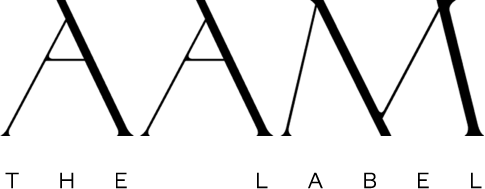Ethics and Sustainability
Responsible production is one of our pillars. From the outset, we have chosen to use sustainable fabrics and work only with production partners who value an ethical code of conduct. We require independent third party audits and conduct site visits in addition. Please see below for more detailed information on our materials and garment production practices.
Materials
As a policy, we work only with sustainable materials. Some of our favorite fabrics include:
- Organic Cotton: We love cotton for its comfort and breathability. However, the vast majority of cotton production is non-organic, using pesticides and synthetic fertilizers that harm the environment and expose workers to carcinogens. That's why we use organic cotton - a safer, less resource-intensive alternative.
- Lyocell: Lyocell is our go-to fabric when we want a soft, silky drape without the hassle of actual silk (i.e. you can throw it in the washing machine). It’s produced using wood pulp via a circular production process in which 99% of the chemicals and solvents used are recovered and recycled. The fabric is also exceptionally durable, designed to last through many washes with incredible color retention. Lyocell that is produced by Austrian manufacturer Lenzing is known as TencelTM.
- Wool: Few fibers provide the warmth and breathability of wool. It's also renewable, biodegradable and odor resistant. It's our go-to warm-weather fabric.
- Deadstock fabrics: We love sourcing premium quality deadstock fabrics that are left over from large production runs and would have otherwise ended up in landfill. Our luxurious deadstocks are sourced from designer warehouses around the world, bringing you the highest quality fabrics while reducing textile waste.
All of our fabrics are dyed using azo-free dyes, which are non-toxic, better for the environment and human health.
Garment Manufacturing
Our garment manufacturers are SA8000 and SEDEX certified.
- SA8000: SA8000 (Social Accountability 8000) is a standard that was developed by Social Accountability International (SAI), an international non-government organization focused on advancing human rights in the workplace. SAI conducts audits on a variety of issues including forced and child labor, occupational health & safety, discrimination, compensation, working hours, freedom of association and collective bargaining. Once an organization passes the audit, they are granted the certification.
- SEDEX: Like SA8000, Sedex is a global standard that aims to drive improvements in ethical and responsible business practices in global supply chains. They conduct Sedex Member Ethical Trade Audits (SMETA) where they evaluate the labor, health & safety standards of the organization. Once an organization passes the audit, they are granted the certification.
